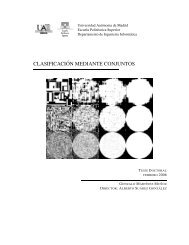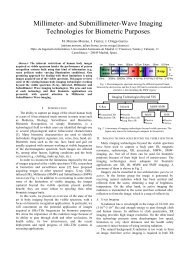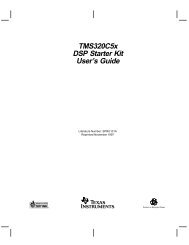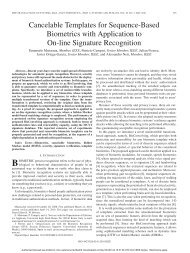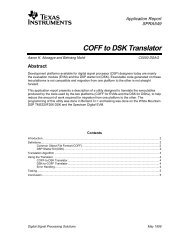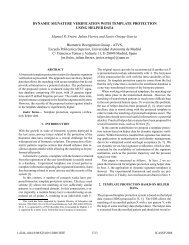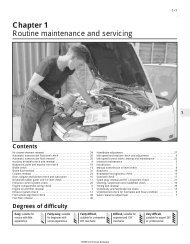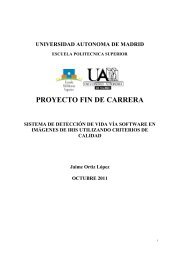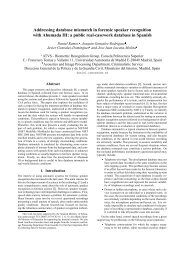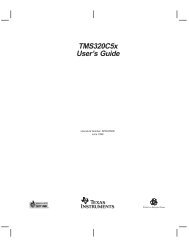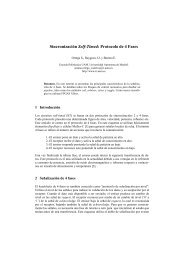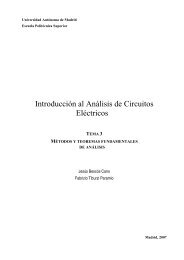Create successful ePaper yourself
Turn your PDF publications into a flip-book with our unique Google optimized e-Paper software.
87) Build — Local ReferencesFinally, here is a tricky way to unifying all the node cases without using a dummy node.The trick is to use a local "reference pointer" which always points to the last pointer inthe list instead of to the last node. All additions to the list are made by following thereference pointer. The reference pointer starts off pointing to the head pointer. Later, itpoints to the .next field inside the last node in the list. (A detailed explanation follows.)struct node* BuildWithLocalRef() {struct node* head = NULL;struct node** lastPtrRef= &head; // Start out pointing to the head pointerint i;for (i=1; inext); // Advance to point to the// new last pointer}}// head == {1, 2, 3, 4, 5};return(head);This technique is short, but the inside of the loop is scary. This technique is rarely used.(Actually, I'm the only person I've known to promote it. I think it has a sort of compactcharm.) Here's how it works...1) At the top of the loop, lastPtrRef points to the last pointer in the list.Initially it points to the head pointer itself. Later it points to the .nextfield inside the last node in the list.2) Push(lastPtrRef, i); adds a new node at the last pointer. Thenew node becomes the last node in the list.3) lastPtrRef= &((*lastPtrRef)->next); Advance thelastPtrRef to now point to the .next field inside the new last node— that .next field is now the last pointer in the list.Here is a drawing showing the state of memory for the above code just before the thirdnode is added. The previous values of lastPtrRef are shown in gray...StackLocalRef()headHeap1 2lastPtrRefThis technique is never required to solve a linked list problem, but it will be one of thealternative solutions presented for some of the advanced problems.



